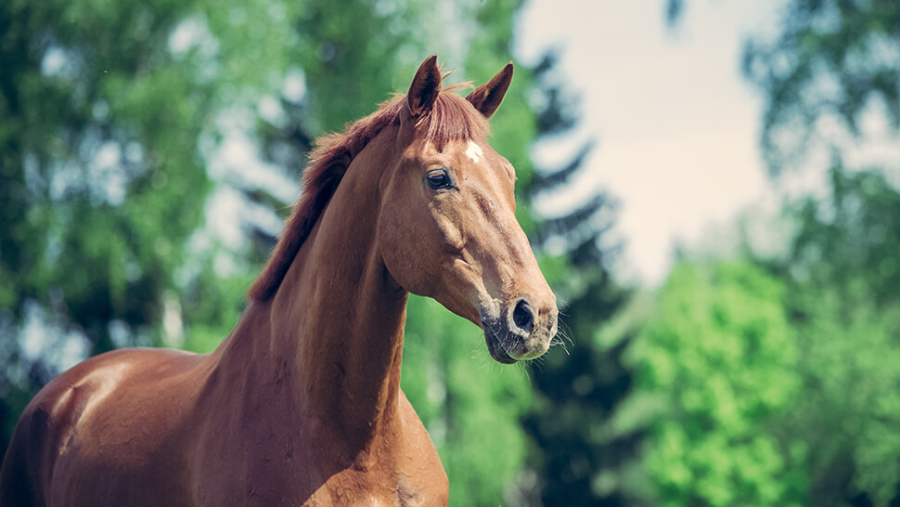

Horses come with their own inherent risks which can unfortunately lead to serious accidents to other people or their property. Where someone is injured by a horse belonging to or kept by another, they may claim against the horse’s owner for negligence as well as under the Animal Act 1971.
Negligence
If the owner or keeper of the animal is negligent in looking after or restraining that animal and this then causes damage to another person or their property, a valid claim may be made if all these factors are present:
– A duty of care was owed by the owner or keeper of the horse to the person who suffered injury or damage
– There was a breach of this duty
– The breach was caused by this horse and not by another incident
– The person suffered injury or damage to property.
Animals Act 1971
An owner or keeper of a horse can also be liable under the Animals Act 1971 either for injury to a person or damage to property. The test is laid out in Section 2(2) of the Act, and states that it would be necessary to find that:
(a) the damage was of a kind which the horse, unless restrained, was likely to cause, or if the horse caused damage, it was likely to be severe;
(b) damage would be caused by characteristics either not usually found in horses, or only found in horses at particular times and in particular circumstances; and
(c) those characteristics were known to the owner or keeper of the horse.
It is normally straightforward for the court to find that (a) is satisfied, as it is generally accepted that if a horse causes damage, it is usually expected that the damage will be severe. However, the courts have in the past had problems in satisfying parts (b) and (c). The Act imposes liability on owners and keepers of animals which come from dangerous species, however Section 2(2) also applies to an animal which is not usually dangerous, but can show dangerous behaviour from time to time.
The Act will only impose liability where there is something particular about how the horse has behaved when it caused the damage. It is not designed to impose a routine liability for “general” characteristics. The owner or keeper can be aware that the horse behaves in this way on occasions, and still be liable for the horse’s actions. It would be significantly beneficial to produce expert evidence to determine what is ‘normal’ behaviour for the horse.
In the Act there are also provisions which allow an owner or keeper to deny liability; under Section 5(1), the animal’s owner must show that the person who suffered injury caused the injury by their own actions. Section 5(2) provides another defence: where the injured person voluntarily assumes the risk of injury, then there is a possibility that liability is not imposed on the owner or keeper of the horse. However, a horse rider cannot accept a risk of which they are not aware. It is therefore important that anyone riding or handling your horse knows beforehand of anything that may affect the horse’s behaviour.










